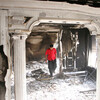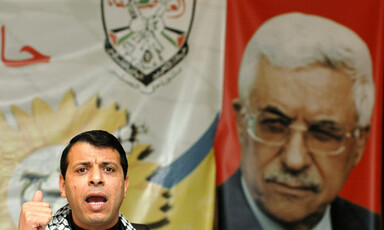
Violence Highlights Regional Polarisation
22 May 2007
WASHINGTON, May 22 (IPS) - The violence in Lebanon’s Nahr al-Bader Palestinian refugee camp that has killed more than 55 people in the past two days is focusing attention on a relatively unknown and shadowy Islamist group, Fatah al-Islam. Two bombings in the Lebanese capital Beirut, one Sunday night and one late Monday, also killed one person and injured at least 20. The violence followed the attempted arrest by Lebanese officials of a group robbing a bank in early Sunday. Read more about Violence Highlights Regional Polarisation








